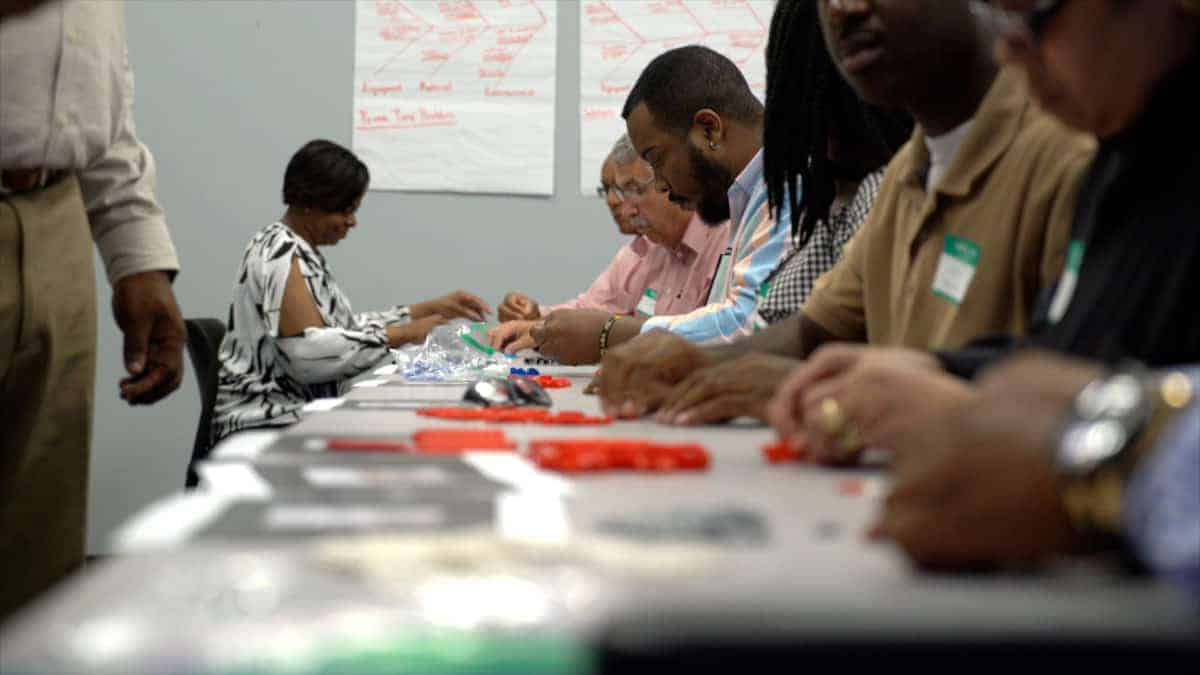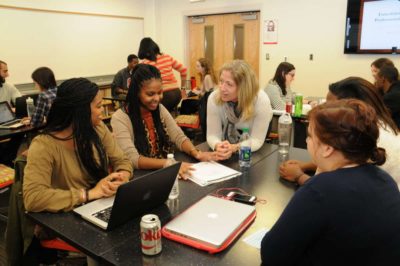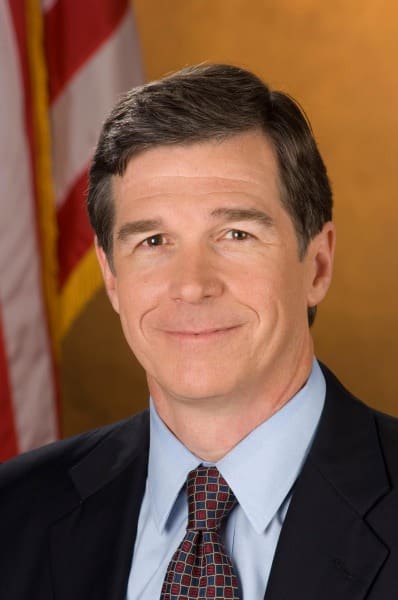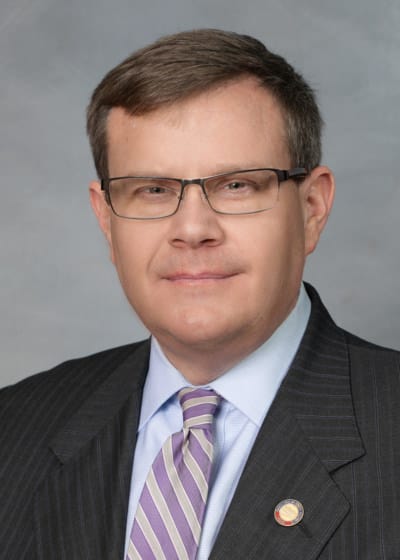Retention. In my work as National Education Director for Single Stop, I hear this word a lot. Retention is top of mind for community college leaders across the country. Every person I speak with on a college campus knows that their institution is focused on increasing retention.
I also think about this word a lot.
At Single Stop, I oversee our programs in the post-secondary space.
Our vision is to promote education as the pathway out of poverty and our work is focused on ensuring that every student who desires a college education is connected to benefits and resources that enable them to complete their degree.
So what is Single Stop? Single Stop uses technology, case management, and community supports to quickly allow individuals to determine their eligibility for benefits, receive a referral to community supports, and get assistance. Single Stop partners with colleges to combine social and education services to connect students with public benefits and local resources that can meet their basic needs, supplement traditional financial aid, and support students in overcoming non-academic barriers to success – ultimately to the goal of completing their degree or certificate.
Single Stop began partnering with colleges in 2009. We learned in those early years that students face a number of non-academic barriers to success in college. Students do not have food to eat, they do not have a safe place to live, and they have childcare expenses that are not covered by any financial aid. Students are being forced to make a choice between books and food, or other life expenses.
By connecting those students to Single Stop, students can find out if they are eligible for benefits like food stamps, tax credits, and health insurance, and get support in applying for benefits. Additionally, through Single Stop, students can also be referred to on- and off-campus resources such as food pantries, clothing closets, or shelters that further meet their basic needs.
Originally created in New York, Single Stop came to North Carolina with a generous gift from the John M. Belk Endowment to partner with community colleges and Historically Black Colleges and Universities (HBCUs) in the state. Today, there are nine colleges in the state that have implemented Single Stop on their campus.
Our work in North Carolina was featured at Single Stop’s first Southern Regional Convening, where we invited college partners from the Southeast to join us in Charlotte for a one-and-a-half day conversation about responding to the non-academic barriers to student success on college campuses. We closed with this video with stories from the people at North Carolina colleges doing this work and the real students who have been impacted.





